Posted: 9th January 2022
Stories for the future of Europe
By young people living in Greece, introduced by Amerissa Giannouli
In the context of the Conference on the Future of Europe, Inter Alia invited young people living in Greece to take part in the “Designing the Future of Europe” educational programme.
A group of 15 young people did an empirical – collective and individual – exploration of the idea of Europe in relation to their everyday lives and experiences. Together, they discussed the European Union’s influence, and the importance of understanding the perception of past and present in shaping the future. They identified ways and tools to contribute to shaping a common European future by making changes to the structures and issues that affect their lives today. The programme was divided into five distinct but interrelated parts, and applied methodologies inspired by Futures Literacy and the Futures Narratives project.
In the last part of the programme, participants had to develop stories connecting how they imagine themselves 20 years from now and how society might look if their proposals were adopted in the future. The group developed 11 future stories, of which 9 are presented here.
My 50th Birthday by Christina Athina Chiotaki
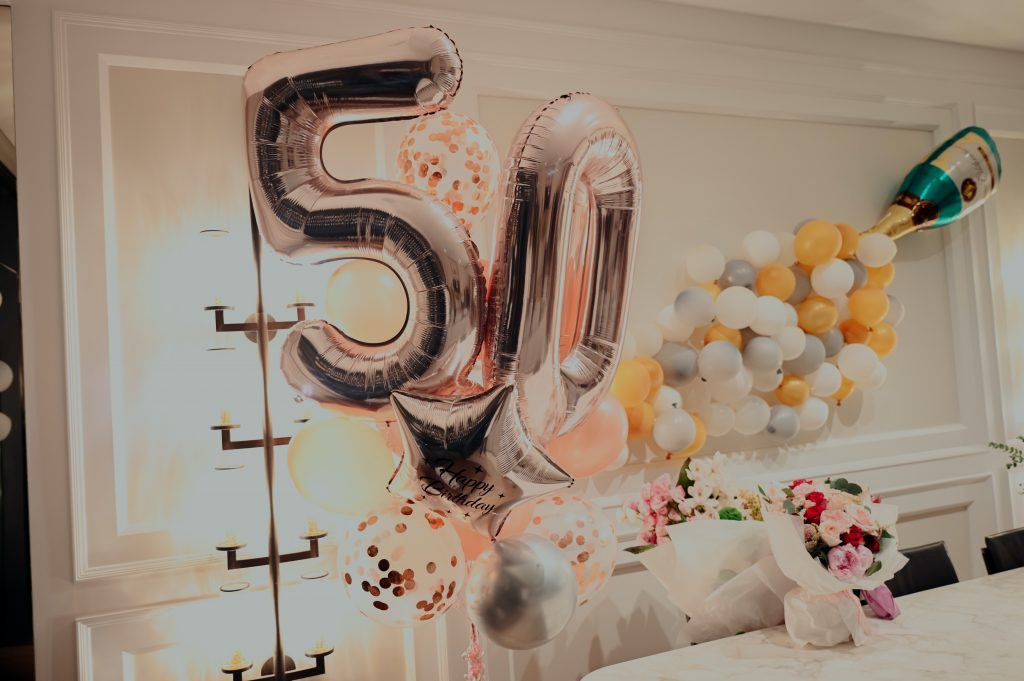
Today it’s my birthday! Today, the 8th of February 2042 I am turning 50 years old!
I have lived a half of a century and it seems like an eternity, mainly because during all these years so many important events happened and our life changed so quickly and it looks like we have lived 10 lives. We also have lived through big devastations and calamities that stigmatized us but we passed them. Today I am thinking how lucky I am and that I made the correct decision to acquire a house in a country far away from the urban city. My house was constructed using the ecological standards of the last decade and it’s really autonomous as it works from solar energy and a cyclic system of water supply. The new type of houses are amazing! Also, one of the good things about living in the country is that you can grow your own vegetables and fruits and luckily, in recent years it’s forbidden to use any MGOs and hybrid seeds as before. I am so happy for my house and my life!
So, for my birthday I have to organize a small party for some friends and colleagues in my house and I must go shopping to cook my best plant based recipes to impress them. This reminds me of when I was young and I started to follow a vegan diet. It was something so new and revolutionary. Today, more than 70% of the population follows a vegan diet as it is the only sustainable diet for the environment. Also, the way that people think has changed and there is more empathy for animals. For this reason people don’t eat meat and of course after a lot of years there aren’t any longer zoo parks but only refuges for the protection of species. Fortunately, people and the food industry understood that the animal agriculture had already destroyed the natural sources and they stopped meat production and consumption.
I am so happy because I see the new generation being healthier and my children have less possibilities to get sick. I feel grateful for my children but when I was young I was afraid to have a child because of the problem of overpopulation. All of us were thinking that in 2040 we will have more than 15 billion population but in reality, the population stayed at a safe level of 4 billion. What if we were 15 billion? Of course we would have problems with water shortage, lack of food and costliness. All the fears of my generation disappeared because the leaders of countries changed all the systems to save the environment and our lives.
Today, on my 50th birthday, I feel happy and grateful for my life in this world and of course because I live in the European Union. Europe nowadays is an undivided federation with freedom of movement, single market, common energy systems and common laws and rules where we can live, work, pay taxes and have pension. Here I can live safely for the rest of my life and of course my children have a great life based on freedom and solidarity in a world where people and environment could keep the balance.
Life is Worth Living by Maria Tsimopoulou

Sarah, a recovering drug addict, has dealt with being left out as people affected by the demonization of the term “addiction” pushed her away, although, when in recovery, people with the addiction syndrome learn how to manage their compulsions and behaviours in order to be healthy and well adapted members of society. Abusing substances is after all just a symptom of mental illness, not the problem.
Couple months in recovery and Sarah was feeling ready to look for a job. She always appreciated the actions that were taken and the forums hosted by the European Union against air pollution. She applied for a job to do research on how air pollution can be reduced and how everyone can help accomplish it. Sarah had heard that it is really difficult to get that job when having a time gap in her resume. You see, she was not able to work when she was in recovery. Now things are different as she is working with a twelve-step recovery program. She is more self conscious and most importantly clean, willing to work hard and learn as many things as possible. Also Sarah wanted to earn that job fairly without trying to manipulate anyone or have her mom call the principal as many people, non recovering addicts, disgustingly do.
As she was walking home after applying for the job, fear and anxiety had taken over her. She wanted to be financially independent. After fighting to maintain her sobriety, she did not want to disappoint herself or the people who supported her through her journey. Suddenly, she could not breathe. “What if I will never be able to…”, she thought. Hopelessness and the fear of being left out made her shiver. After quitting using drugs, she had flashbacks manifested as psychosomatic problems. She knew how to handle them. She just needed people to understand her and give her a second chance to prove that although her illness pushed her to use drugs, she managed to quit that and improve herself.
The European Union, as the new law of financially supporting new recovering addicts was democratically voted, supported Sarah’s wish for a second chance. Financial support is not always just giving money to those who claim to need it. The European Union created forums in order to educate people on the syndrome of addiction. In that way, people started to learn more about it and stopped the demonization of it and more people who needed help reached out as a safe and educated environment was created. Moreover, as people began to lose the fear of recovering drug addicts, a safe working place had opened for them. It was about time for that to happen as 2041 is almost over.
Democracy and an open mind willing to work on the prejudices of modern society and education in a variety of subjects are the keys to creating a safe place for work and not only work for Sarah but for every person who was once left out. Unity and collective interest will always lead to a better future.
The Car by Angeliki Stamati
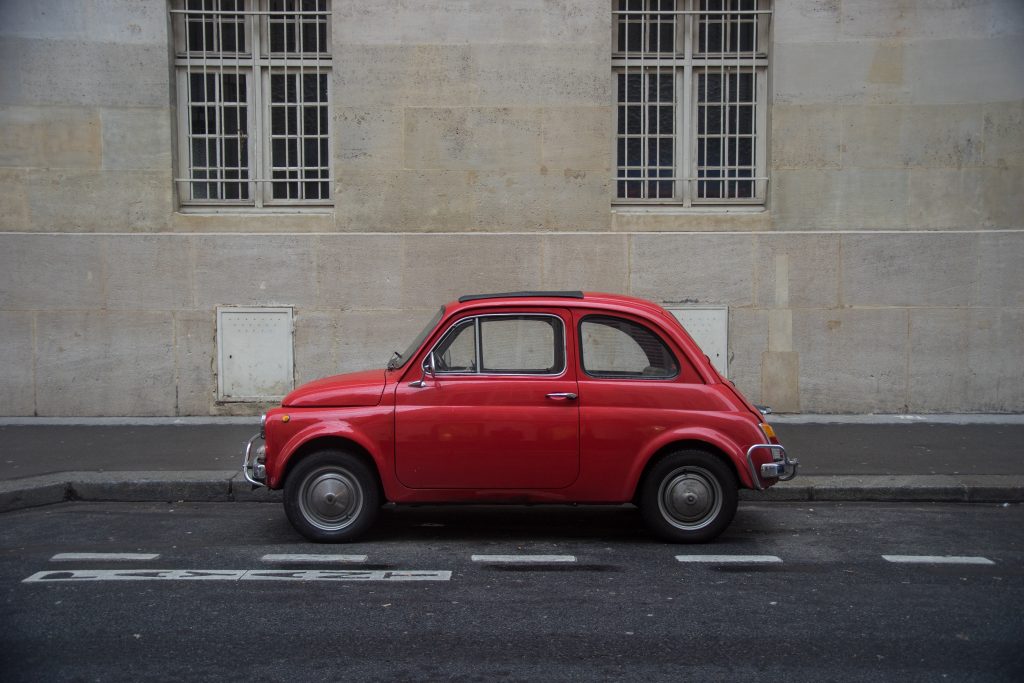
She woke up to the sound of a passing car. It was strange because there were no more gasoline-powered cars, especially in the city center. Her mother had told her that there was a time such noise never stopped. She had also gone on a trip to Egypt and she knew this. But in the city center, in the year 2041, it was unlikely to hear a car.
She got up and went to the window. She wanted to see it. It was a small red farm car, one that you only see in the villages and in fact, very rarely. “They will remark on him,” she thought.
For several years now, cars that emit a lot of exhaust gases have been banned from entering. That was one of the policies for green growth. That was the reason you did not hear cars. Not that they did not exist – there were many – they were just electrical and you could not hear anything. There were also many bicycles. Her mother used to tell her that this was something crazy for Greece, bicycles and electric cars. 20 years ago, no one would have thought that such a thing would be possible, and yet…
Now, even in the city you hear sounds of nature, sounds of life. Her mother said that it was strange. But for her that was the reality. She had been used to it for so many years. She was born on the verge of change for a more “green, sustainable” way of life. Europe had succeeded at this level, but poverty and inequality did not allow other parts of the world to move towards change.
She left the window. She had to get ready and meet Kiosem. They would go to the library together to find some history books for a project. Kiosem was her best friend, they grew up together. Since she was still in kindergarten, Kiosem would teach her Farsi, but she was still teaching her.
“And that’s also weird,” she thought. Her mother had told her about the flows of refugees, how difficult it was then, how Greece treated them, how they were instrumentalized, how they were considered a foreign body and now they are part of everyday life. No one would look at Kiosem strangely, not even Mahmut that his skin has dark colour, not even Sila who wears a headscarf. That was a positive change, her mother said. To her, it seemed completely normal. What was different about these children – and so many others – other than their background? And even that was so insignificant. What only counted was the person, that’s what they learned all these years. She had grown up in a multicultural society. That was the difference compared to her mother.
She left the house and started walking towards the library, thinking that her mother had told her about the past. A lot had changed, but a lot still needed to change. The poverty had not been eliminated, inequalities still prevailed. She also fought against these inequalities. Together with Kiosem, Daniel, Efthymia, Riza and other fellow students, they had created an organization for the defense of rights and the inclusion of the Roma community in Greek society. It was one of the manifestations of inequality still found in many European countries. The Roma were still second- and third-class citizens, or simply not citizens. So many changes have been done but keeping this situation the same was at least a failure of society. The previous generation, her parents, had managed to change so much, now it was her turn. She thought so, and that always gave her the courage to think that the previous ones had succeeded.
-Good morning Kiosem.
-Good morning Esther, let’s go inside, it’s cold.
-You know I heard a car today. It passed outside my house, right in the city center.
-A car? Interesting, was it old?
-Probably old enough to make a sound…
A Brighter Future by Iosif Konstantinou
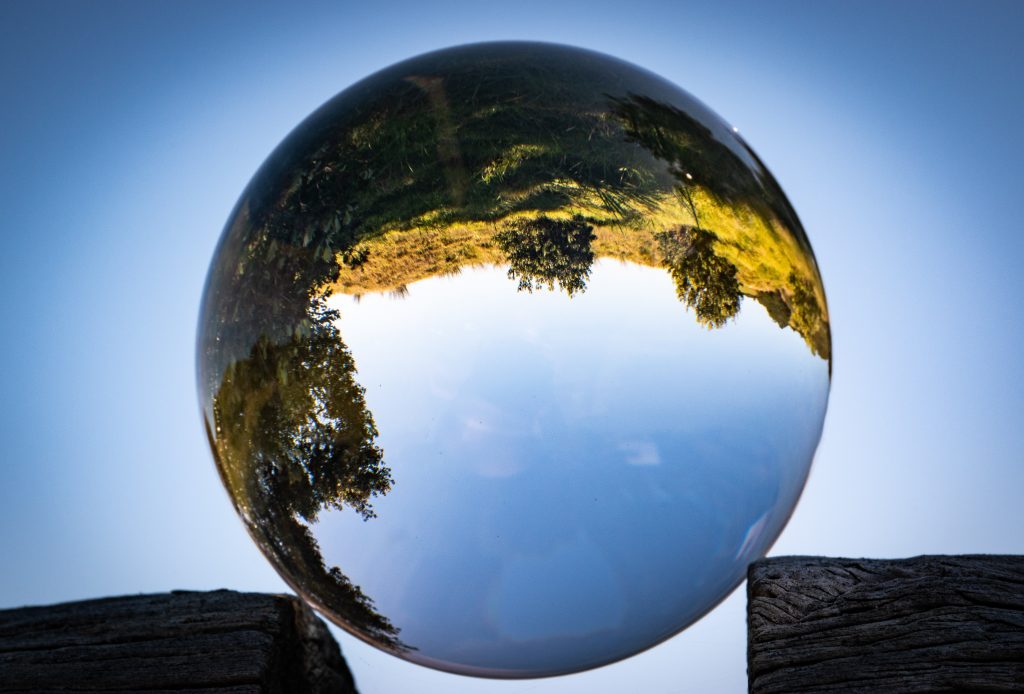
I’m living in the year 2041, where everything has changed since I was a little child. For example, the whole society has moved forward in a new era where people are moving by fully automated electric cars, without the need of fossil fuels and mass production of pollution-free electricity for the whole country or state. Furthermore, they don’t need the excess waste of energy that may occur. Also, they invented the system of digital currency and salary without the need of a change, at least physically, money papers. You can basically use them for anything from our personal need to our yearly taxation for our ethnic medical care system. Despite that, the environment has fully recovered from its old wounds which people almost half century ago did to our planet. Another thing that got me mesmerized by that is the way people treat each other. More specifically, people treat each other with kindness, and they comply with the respect of the right off sexual freedom and LGBT rights. Moreover, there is no racism and discrimination when it comes to different nations, cultures, and religions, for example my neighbors, one of them, worships the Gods of Star Light and the other one deals with the Buddha! Another thing not to be ignored, is the way people behave to animals with total respect and they secure their prosperity and long liveness via a balance in both civil and territory environment. In parallel, plants, trees and forests own their own place in our planet Earth X and they give us the oxygen and the green energy which humanity needs! Finally, people have brought human life and the way of living on other planets, but this time, using only environmentally friendly energy, always respecting the extraretinal habitants of each solar or star system they want to live on! Glad that I’m living in this moment of time!
10.12.2041 by Elena Mouteveli
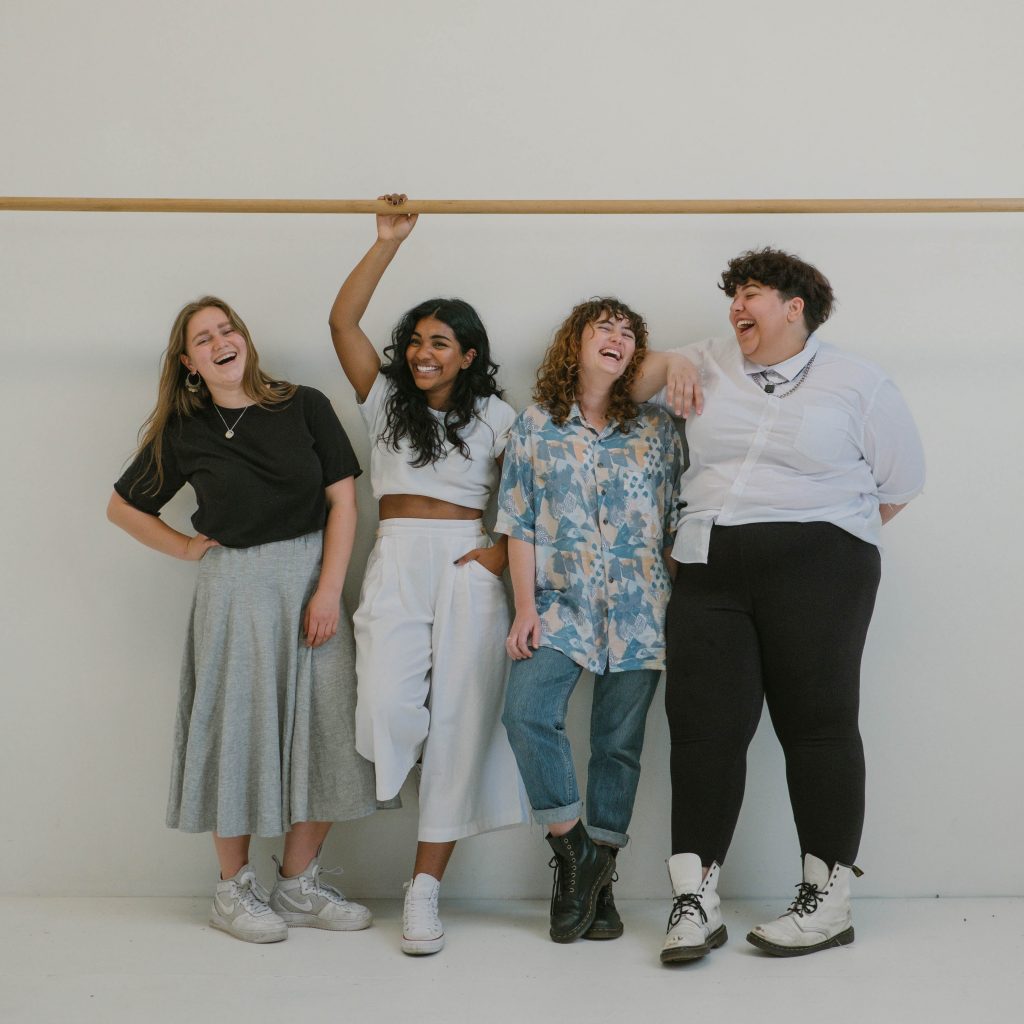
“Dear all, I am more than excited to welcome you to the annual event of our association!”
This would be most probably the way I would greet the audience that will be gathered twenty years from now on to celebrate our huge achievement. A hero doesn’t have to wear a specific uniform or possess superpowers to help other people. I will be the president of an association which finally managed to simplify the asylum process, to organize the way that humanitarian aid will be provided with transparency to the refugees and asylum seekers in any European Union’s border as well as to invent an innovative application which will finally simplify and accelerate the reunion of asylum-seeking families. Another important part of my job will focus on faster and deeper integration methods and more interactive learning opportunities for young refugees. I would like to live in a place where justice can be easily accessible no matter where someone lives, attorneys, cultural mediators and psychologists will be appointed by the state to people who could not afford that yet really need that aid in order to crack down on domestic violence and racism. Hopefully, the institutions will be effective and every process will run smoothly without phenomena such as bribery, corruption and the use of unfair means. People will be more aware, more sensitive regarding those issues. Hopefully, young students and especially the female ones will look up to me since despite the fact that I come from a large, rural, low income family, I managed to receive a great education. Of course the success is due to some scholarships and personal, passionate work and would like to reciprocate this opportunity to young women by enabling them to follow their dreamy academic and intern-path and continue the “humanitarian” chain.
My life in 2041 by unknown author
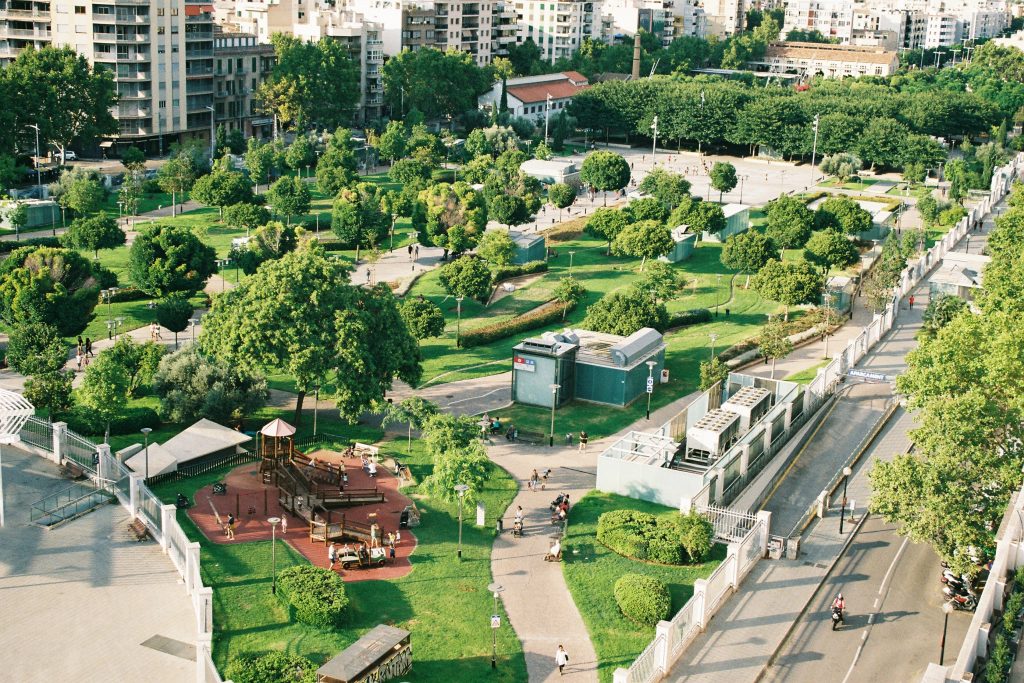
I am Aspasia and I live in Greece in the United Europe in 2041. With the help of funds and know-how from the EU, my daily life, like that of my fellow citizens, is very different from 20 years ago. For some years now, I have been working remotely 4 days a week for an IT company based in Germany and, at the same time, teaching math and language at a tutoring center in my neighborhood. I found both of my jobs through a central online platform. My schedule is flexible. In my time, companies are very willing to make adjustments for people with health problems and family requirements. The state also supports employees more effectively – as long as I go to the right center and make an appointment with a doctor, counselor or other specialist within 7 days. My taxes are taking place.
I live with my own people. I also participate in a rapid adoption system that allows me to provide hospitality and care to children in need – for each child the system connects me with an additional guardian, who guides and replaces me when needed. My society is now more receptive to the different: we have places of worship for different religions, better and more infrastructure for people with disabilities, cultural mediation services and equal respect for every sexual identity.
My city has become ‘smart’ and distinguished for its use of digital technologies. Electricity consumption for lighting, heating, etc. is regulated in most buildings via sensors. The use of a car in the center has been changed to bicycles, buses and trains. The air is clean, there is a lot of green and we have no noise pollution. Recycling covers 70% of waste.
I have a citizen card and an application on my mobile phone, with which I can trade with the public services at any time of the day, but also to take part in the online municipal consultations and voting. With the same tools I can book tickets for cultural and sports events. I’m happy because I do not suffer from bureaucracy and my voice can be heard. I like the present and I have hope for the future.
1st Gymnasium Class by unknown author
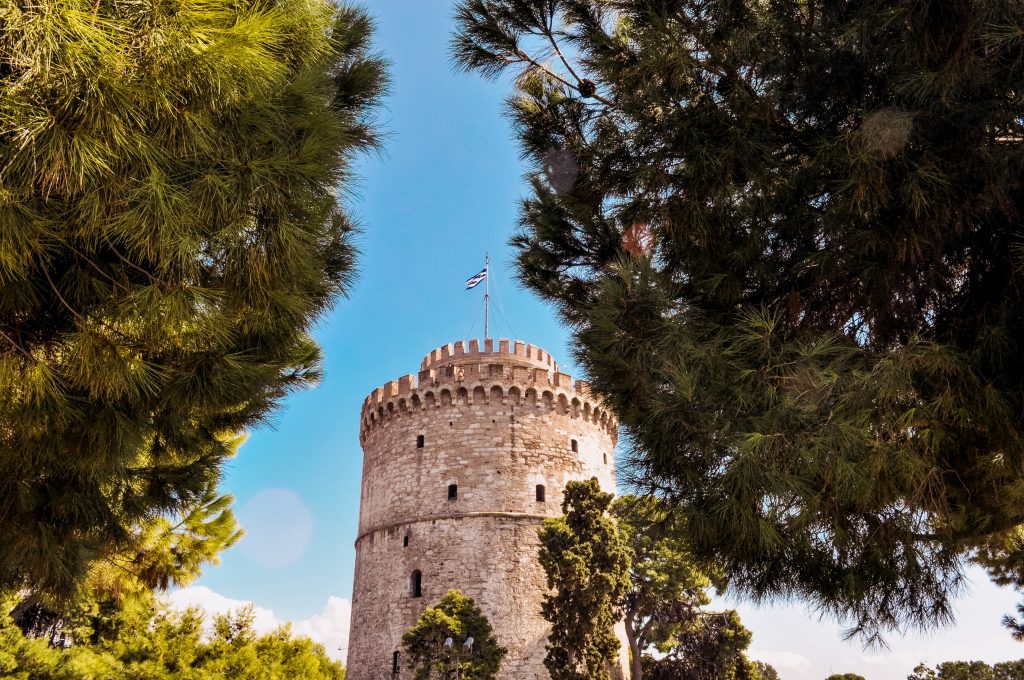
Despina works as a philologist in secondary education in Thessaloniki. She has taken over the class of the 1st gymnasium. The main feature of everyday life is speed. She goes to work by subway, quickly and safely. The benefits brought by the European Union are obvious. Her students can participate in training programs by traveling abroad at any convenience. The whole process has been simplified.
It is worth emphasizing that a call abroad no longer costs anything while the borders for abroad can be crossed at any time. By participating in programs they can visit European institutions, learn useful information, and make new friends. They also participate in actions related to the environment on issues such as climate change but also on issues of supporting farmers in order to produce and eat healthy food.
Photo by Lazarescu Alexandra on Unsplash
A new way of living in the European Union by unknown author
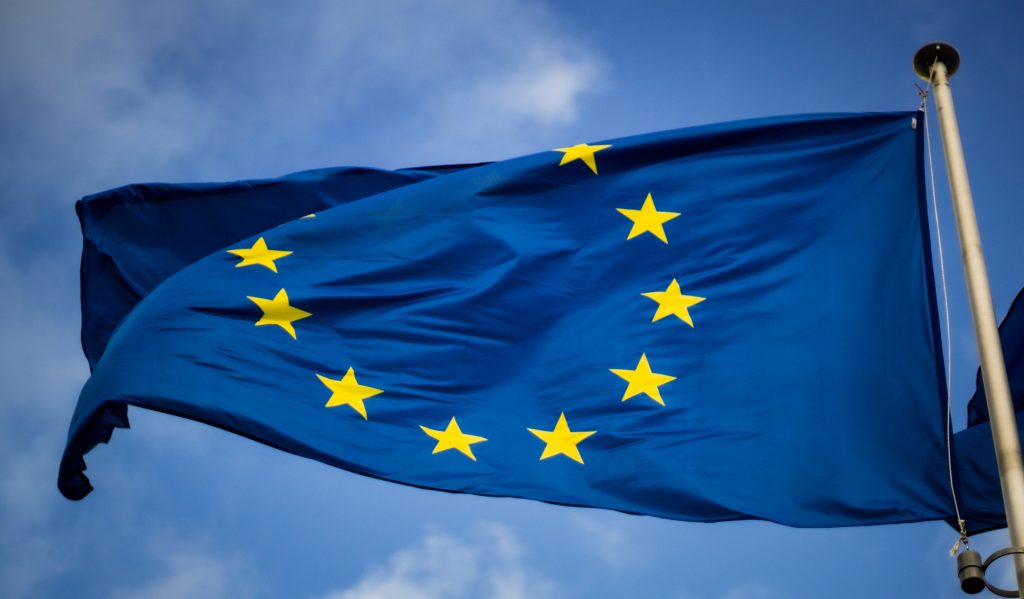
The development of the European Union has followed a very fast pace after the crisis it faced at the beginning of the century. At the political level, the Euroscepticism that sometimes brought with it extreme political ideologies has disappeared, with criticism of the European Union existing at a milder political pace. That means that my participation in political life does not mean that I have to go against groups of society that are not willing to accept different political approaches.
In addition, the eclipse of aggression in political life in conjunction with the social movements in which we participated and developed during the 10s and 20s have caused revolutionary changes in the social life of the Union. In particular, in every country in the Union, even in the Eastern bloc countries, which had voted aggressively against particular social groups, favorable arrangements have been made that give more rights to minorities, and groups that have been wronged in the past, such as the LGBT community. Furthermore, the environmental movements in which we have participated en masse over the past two decades have given a huge boost to the promotion of environmental policies, as the use of coal and lignite in industrial work has now been reduced. Finally, the economic crisis of 2008 which struck the cohesion of the Union is now over, with the European Union playing an important role in world trade, and the people living in the Member States being able to conduct their economic activities freely in many countries and not be afraid of a possible new crisis. To summarize, my generation grew up facing many challenges that hit the trustworthiness of the European Union. The crisis that had been triggered because of the financial and social problems was a major step in the mobilization of young people, with whom I joined in many battles in the political scene in order to make our societies a better place to live in.
Photo by Christian Lue on Unsplash
An imaginary story of the future by Menelaos Milonas
My name is Menelaos Mylonas (b. In 1985). I am a European citizen of Greek origin. For the last 5 years I have been living on a green island in the Mediterranean called Kastelorizo and working for a large European and international hydrogen production and marketing company. In my section, we are 5 colleagues: Jean-Luc Godard Gordar from France working in Porto, Portugal, Ingrid Bergman from Sweden working in Brno, Czech Republic, Andrea Kowalski from Lithuania working in Latvia, Riga, Sinos Koneri from Scotland working at the Hebrides. Our coordinator is the Serbian Maria Bregovic who works and directs us from the company’s headquarters in Timisoara, Romania.
On New Year’s Eve 2042 we are thinking and organizing to meet for the first time all six, together with our life partners in Bergen, Norway, the youngest member of the European community of 35 members. We chose it because it was one of the few cities in Europe that none of us had visited. We were also helped by the fact that in March the Council of Ministers of the European Union will be held there to discuss and decide on very crucial issues such as the common European economic policy, the EU Military, the convening of education policy and the elimination of pollutants of air pollution. We will go to Bergen, some with their electric cars, some with the electric trains and some with the new technology hydrogen planes. The accommodation where we will stay will be energy autonomous and ecologically efficient. The food will be organic and vegan and, of course, not all kinds of screens and mobile use will be allowed except in specially designed areas.

